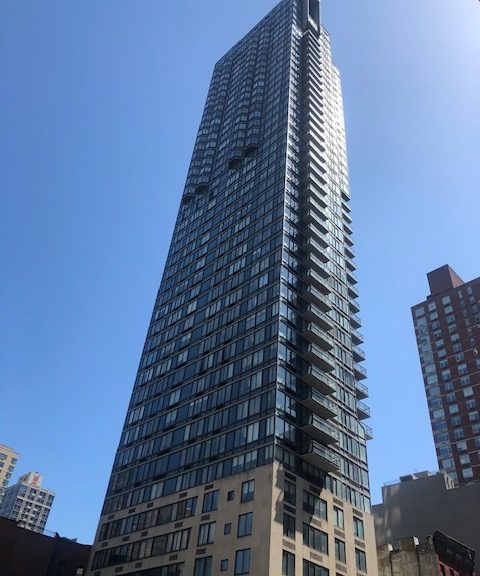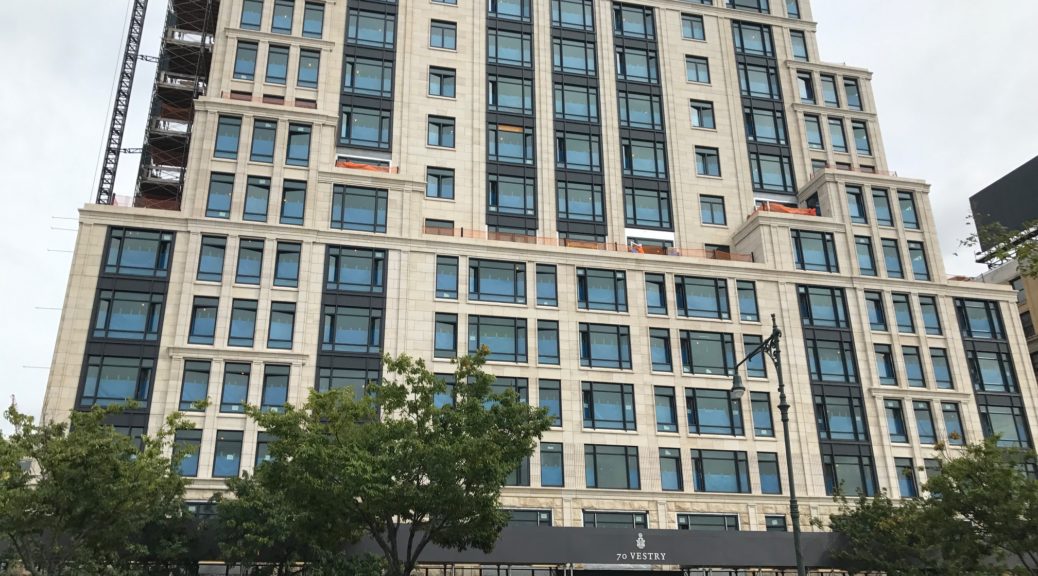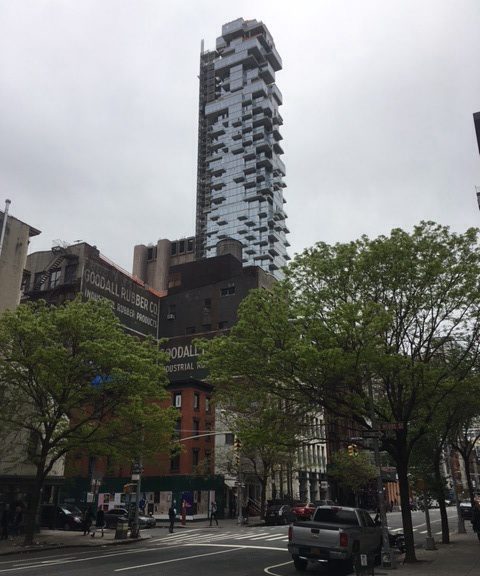This is the continuation of my interview with James Striar, a real estate attorney that specializes in wills, estates and trusts.
Brian: What things do you usually see that might be left out of a will or do you ever see any cases where a will was maybe prepared by someone other than yourself, that doesn’t specialize in this area of practice, and maybe leads to issues later?
James: A couple of things, one is that somebody may forget to name a specific bank account if they wanted to go to one particular person and obviously that account doesn’t already have a designated beneficiary on it. Probably the wills that I see that haven’t been necessarily prepared by an attorney are the online wills. It could be legal zoom, a variety of different online platforms that are fairly generic. They definitely fit for certain situations where it’s a very basic will but sometimes they can lead to more issues or possibility of a will contest if they haven’t been comprehensibly completed. Also, the execution of the will under New York state law, the will has to be witnessed by two people. There’s a very specific protocol that has to be met in order for the will to be probatable in Surrogate’s Court after the person passes away.
Brian: Interesting. Just as an aside, how often do you see people that come to you and they’re coming to probate an estate and there was no will.
James: I see that a lot. It’s probably more often that there is not a will than there is a will. In New York state if there is a will, you go through the process which is called probate. If there is no will then the person is deemed to have passed away intestate and you go through a very similar process but it’s called administration. In that case, one family member, and there’s a sort of priority. It goes, the assets will pass to the spouse. If there’s children and a spouse it goes 50 percent to the spouse, 50% to the children. If there’s no spouse and no children it goes to the parents. If no parents then it goes to the siblings. If there’s siblings, or nieces and nephews of predeceased siblings, so there’s a whole family tree priority that you have to go through. In different situations, you have to get what’s
called jurisdiction over all of the interested parties who may be participating in the estate. I’ve had estates where there’s no will so we go to administration and there’s 28 cousins. We have to get jurisdiction, meaning, serve all 28 people with what’s called a court citation to even begin the process of administering the estate just to get somebody appointed. That could become quite a lengthy proceeding. Sometimes you have family that’s overseas, international, so you have to then get jurisdiction over them. In an ideal world, having a will that lays out who you want your assets to go to, how you want them to go, and who’s gonna be the person that you’re appointing in charge of the estate would be the ideal situation.
Brian Silvestry is a licensed real estate broker working in NYC since 1999. You can find him on all social media channels.


